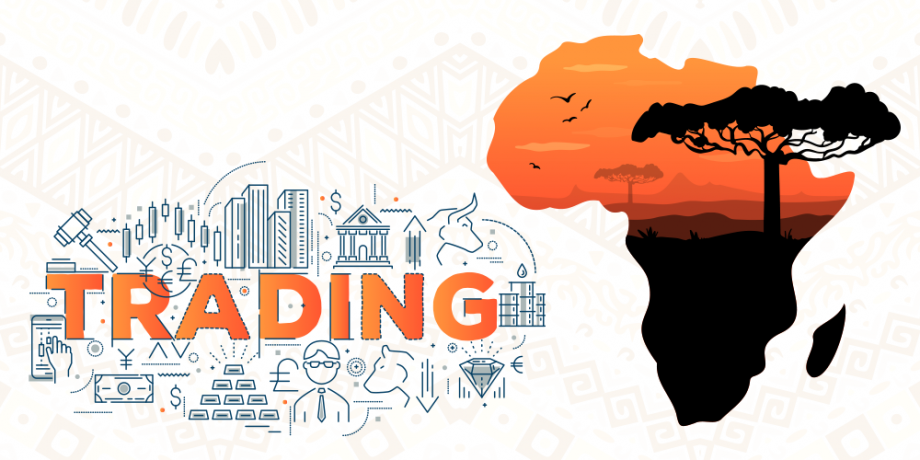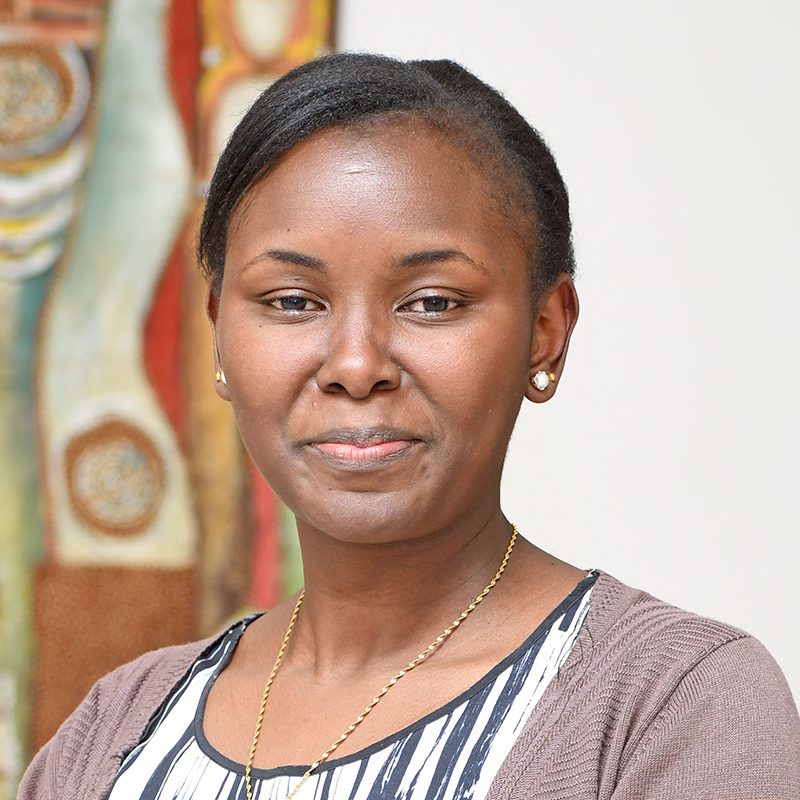
Trade is undoubtedly an integral engine of economic growth in Africa. However, currently, the continent accounts for just 2 percent of global trade with only 17 percent of African exports are intra-continental, compared with 59 percent for Asia, 55 percent for America, and 68 percent for Europe.
Most of Africa’s trade is with international countries and is heavily concentrated on primary commodities; at present, Africa’s biggest trading partner is China which surpassed the US in 2009. With trade concentrated on the trade of primary commodities characterised by slow growth, long-term deterioration, and price instability, the continent is vulnerable to external shocks and protectionist trade policies.
The Africa Continental Free Trade Area Agreement (AfCFTA) places intra- African trade as a centerpiece that can be a great contributor to increased economic development for the continent as a whole. It is projected that on successful implementation, AfCFTA will be the world’s largest free trade area with a 1.2 billion-person market. AfCFTA is projected to increase the share of intra-African trade by nearly 40 percent to more than 50 percent, depending on the ambition of liberalization efforts.
For intra-African trade to be beneficial continent-wide, there is a dire need for diversification of exports and increased inclusivity. As it stands now, intra-African trade is dominated by a handful of countries, selling a few products; five countries account for three-quarters of all intra-African exports -Côte d’Ivoire, Ghana, Kenya, Nigeria, and Zimbabwe. Petroleum alone accounts for more than 30 percent of this exchange while cotton, live animals, maize, and cocoa add a further 18 percent.
Exports diversification and product sophistication will allow for countries to build resilience to the changes in demand due to economic downturns in importing countries but also due to price dips. For countries exporting commodities, diversification will support the change from over-dependence on commodities to higher value-added products and services. Through this diversification, there will be increased inclusivity for small and medium-sized enterprises paving way for increased innovation.
When African countries trade among themselves, they exchange more manufactured and processed goods, have more knowledge transfer, and create more value. Since African countries do not trade with each other much, they have not been able to fully exploit and harness the synergies and complementarities of their economies or the other benefits that greater market integration would have provided.
According to the Africa Economic Outlook Report 2017, there has been continued growth in terms of intra-African trade with trade among African countries increasing from 10 percent in 2000 to about 16 percent in 2014.
The growth of intra‐African trade has previously been constrained by various factors, from differences in trade regimes; restrictive customs procedures, administrative and technical barriers; limitations of productive capacity; inadequacies of trade‐related infrastructure, trade finance, and trade information; lack of factor market integration; and inadequate focus on internal market issues. Ironing out these issues will be a big step forward for the growth of intra-African trade.
Though richly endowed with natural resources such as oil, gas, gold, wildlife, and so forth, Africa has not fully exploited them. If properly utilised, these resources provide a great potential to spur economic growth. Intra-African trade may just be the boost that the continent needs and, with the AfCFTA in place, the push for increased intra-African trade may be realised sooner rather than later.
About the Global CEO Programme
The African continent is recognised as having immense potential, but the realisation of this potential requires collaborative leadership. Through the Programme, we emphasize the roles, skills, and competencies required for effective leadership for African organisations.
The Global CEO Africa Programme is developed to enhance your strategic vision and equip you with new tools to better navigate disruptive trends that could impact your business.
Learn more about the Global CEO Africa Programme
Article by Juliet Hinga
Would you like to share an article? Write to us at sbscommunication@strathmore.edu
Share This Story, Choose Your Platform!
Your journey to business excellence starts here. Subscribe today and be at the forefront of innovation and leadership.









